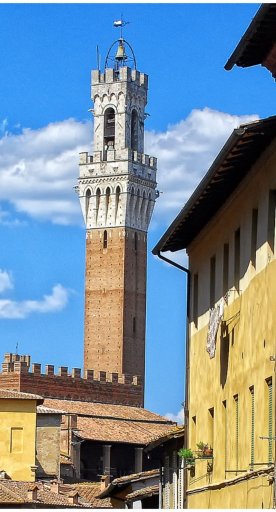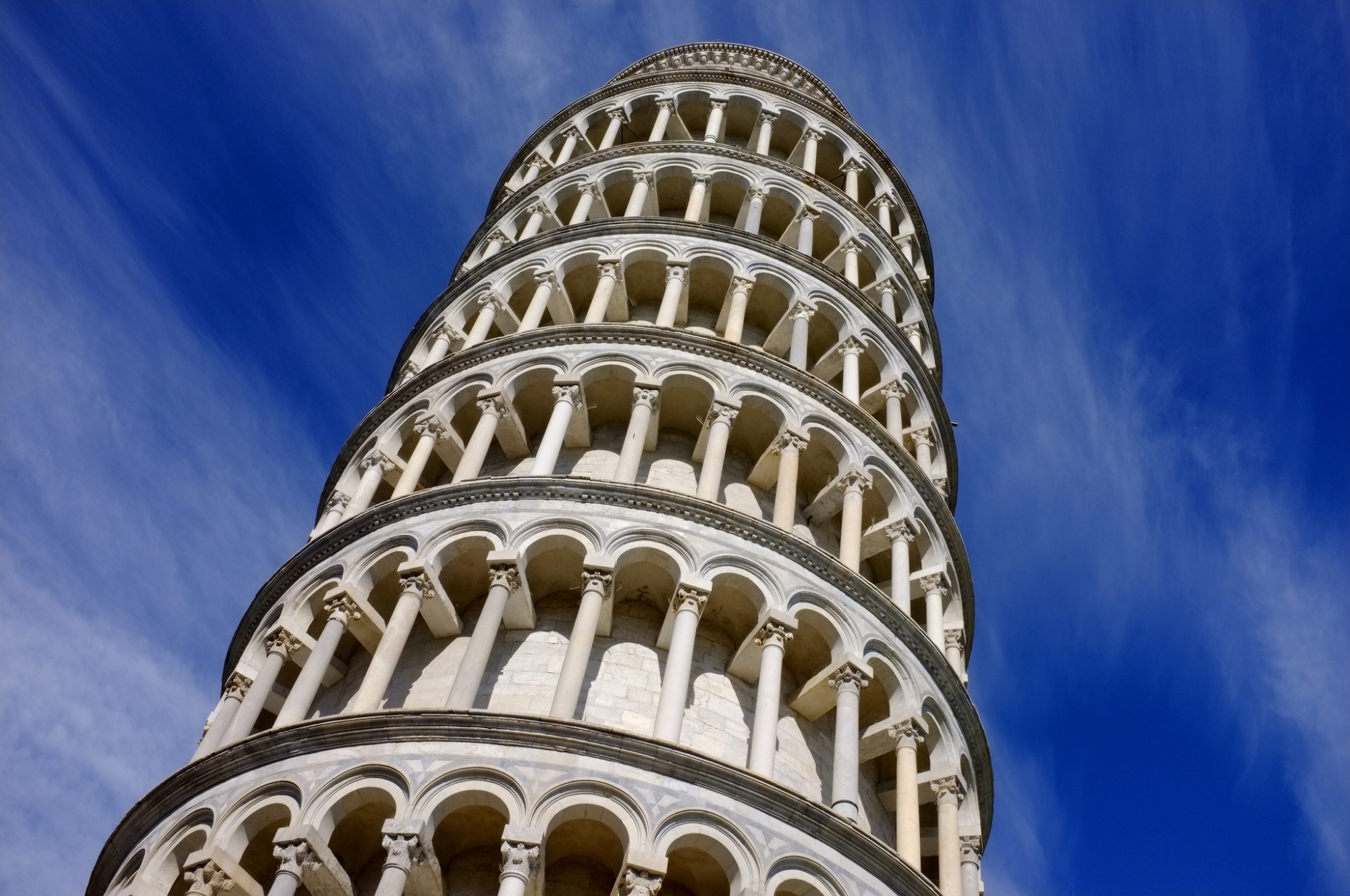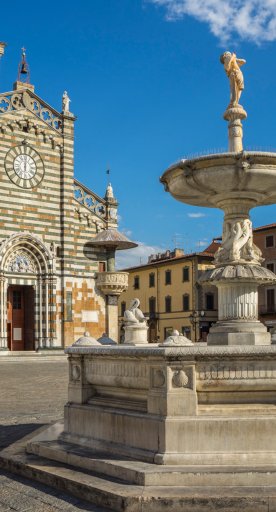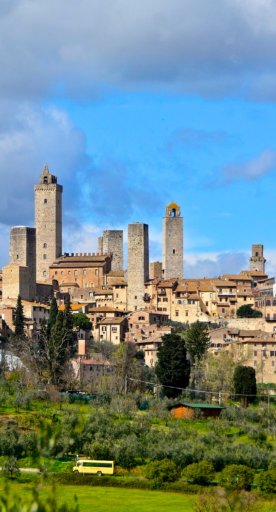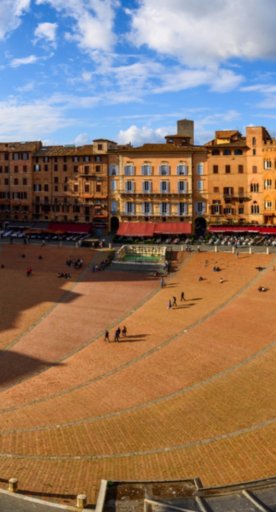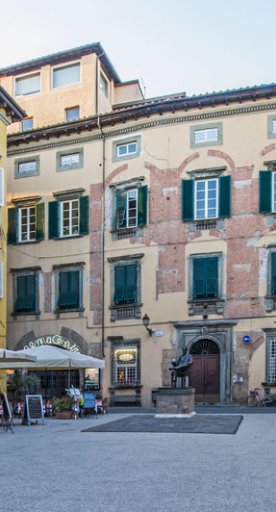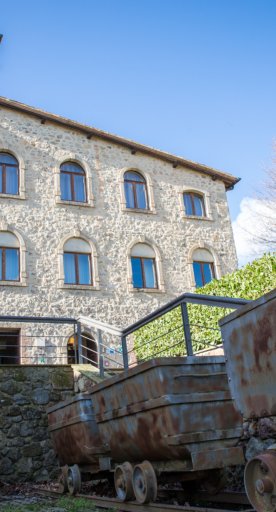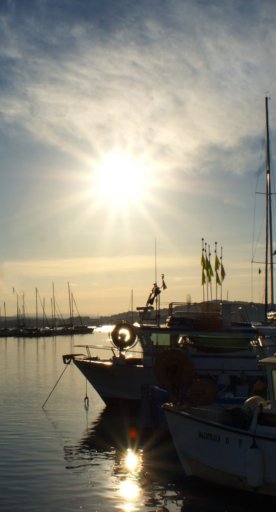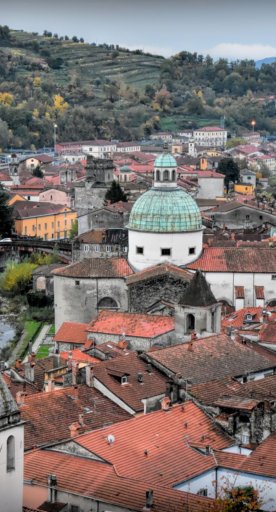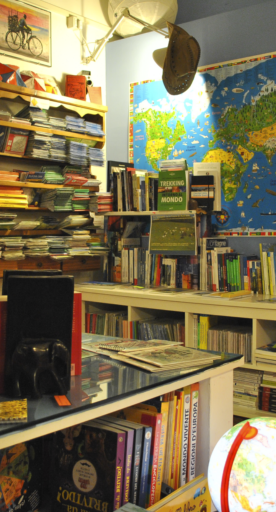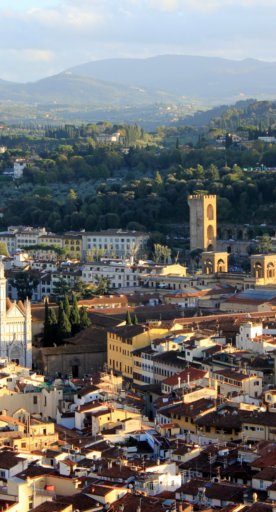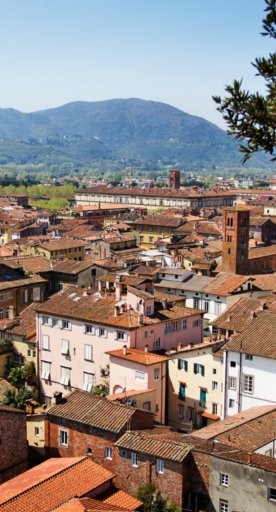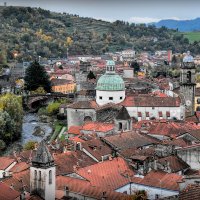
An art walk in Pescia
Museums and treasures to be discovered in Valdinievole
Pescia is a city in Valdinievole, located on the banks of the stream of the same name. A center to be discovered, rich in stories and documentary and artistic evidence.
-
1.Church of St. Francesco
-
2.Galeotti Palace Civic Museum
-
3.Libero Andreotti Plaster Cast Gallery
-
4.Paper Museum in Pescia
Church of St. Francesco
A visit to Pescia’s treasures can begin at the Church of St. Francesco, a Gothic building built between 1241 and 1298 and renovated in the 1720s and again between the two wars. It houses a panel painting of St. Francis and stories from his life by Bonaventura Berlinghieri, dated 1235, known to be the first panel made after the Saint’s death in 1226.
Galeotti Palace Civic Museum
The tour continues at the Galeotti Palace Civic Museum. This cultural institution was founded in 1894 by an intuition of Cesare Stiavelli, around the idea of collecting in one place “the objects of art ignored or forgotten in the churches and houses of the Municipality”. The history of the museum is linked to the figure of politician Leopoldo Galeotti, who left all his possessions to the Opera Pia. Since 1898, Galeotti Palace has housed, in addition to the offices of the Opera Pia, the civic museum and the municipal library. Inside, are some 2,000 pieces from the Ansaldi collection, deposited at the National Gallery of Modern Art in Rome, and several gold-backed paintings from the Florentine Galleries, now the Uffizi, as early as the beginning of the 20th century.
Libero Andreotti Plaster Cast Gallery

Also in Pescia, the Libero Andreotti Plaster Cast Gallery is dedicated to one of the greatest Italian sculptors of the early 20th century, whose works can be found in public and private collections around the world. It holds about 250 pieces from the sculptor’s studio, including sketches, casts, plaster-formed models and fragments. The collection, along with the archive, has been housed since 1992 on the three floors of the Podestà Palace, also known as the Palagio.
The Libero Andreotti Plaster Cast Gallery and the Galeotti Civic Museum are part of the Pescia Civic Museums network.
Paper Museum in Pescia
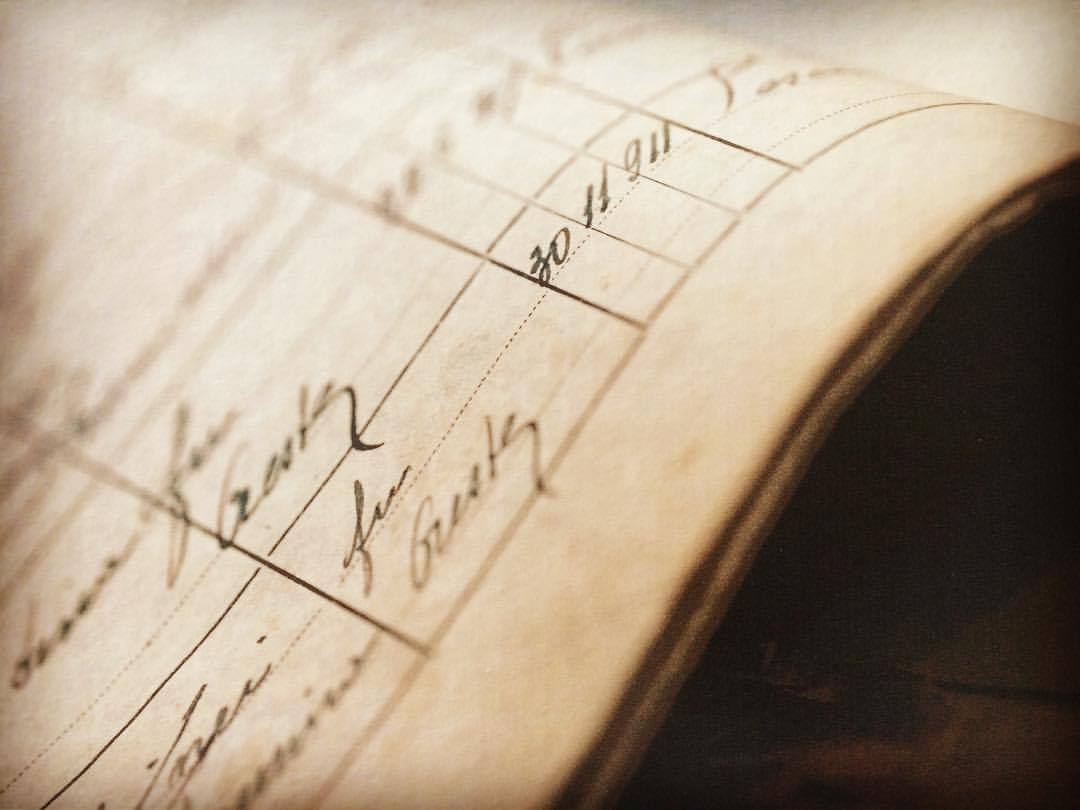
A few kilometers from the city center, in the village of Pietrabuona, one of the ten castles of Svizzera Pesciatina, houses the Pescia Paper Museum, dedicated to popularizing the art of handmade paper.
Through an interesting itinerary that winds its way inside the 18th-century Le Carte Paper Mill, you are introduced to the secrets of this art and, thanks to the Master Papermakers of the Impresa Magnani, have the opportunity to make a handmade sheet of paper from a pile of rags. Inside the old Le Carte Paper Mill, home of the Museum, the ancient machines for creating the fine handmade paper are preserved.
Together with the Pescia Civic Museums, the Paper Museum is part of the Pistoia Museum System SIMUP, which has 13 museums between the cities of Pistoia, Monsummano Terme and Pescia.











